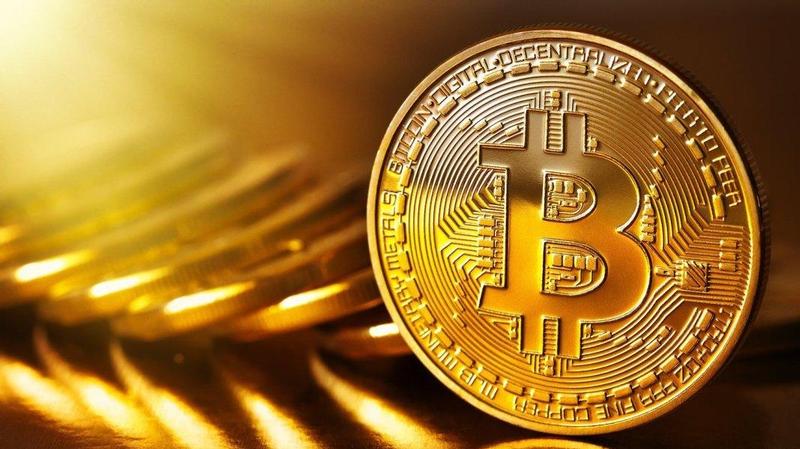
In the past week, the crypto currencies have seen a decline in volatility. The Bitcoin course moved as little as it has not moved for 17 months. “This shows two things”, says Leonard Zobel, Managing Director of next Block GmbH from Berlin, which specialises in crypto currencies: “The decline in crypto currencies, which has lasted for quite a while, has slowed across a broad front and the market is maturing.
Even last Friday, when the Bitcoin futures had settlement at the CBOE, there were no significant fluctuations in the Bitcoin price. This may be due to the fact that the traders wanted to keep the powder dry. This week there are – rumor has it – a few topics on the agenda that could get Bitcoin in particular back on track.
For example, the Bakkt Bitcoin futures may be approved by the supervisory authority. Bakkt is a subsidiary of ICE, which also owns and operates the New York Stock Exchange (NYSE). Bakkt is thus the crypto sister of the NYSE and will therefore be taken seriously right from the start. Trading in the Bitcoin futures could start on December 6th, which would be a surprisingly fast start.
However, the construction of the futures is particularly interesting: Settlement is to take place in Bitcoin. But that would mean that the traders would actually own the necessary Bitcoin or would have to get it in time. In any case, Bitcoin would be taken off the market – a scarcer supply would meet an equal or growing demand. For prices, this would tend to be a bullish signal.
Another good news came from an unusual corner: The English security company G4S, a large provider of cash-in-transit services and cash transport, wants to offer a crypto custody solution. This would make it easier for institutional investors in particular to enter the market, as the storage of cryptos was still a high hurdle.
The situation around the stablecoin tether has calmed down. It has almost reached the dollar parity, so it has returned to normal. But this required a stronger stabilizing intervention: The issuing company Tether Ltd. apparently redeemed and then destroyed tether tokens worth around 500 million dollars. Stock corporations act similarly in share buyback programs – and here it seems to have had an effect.





